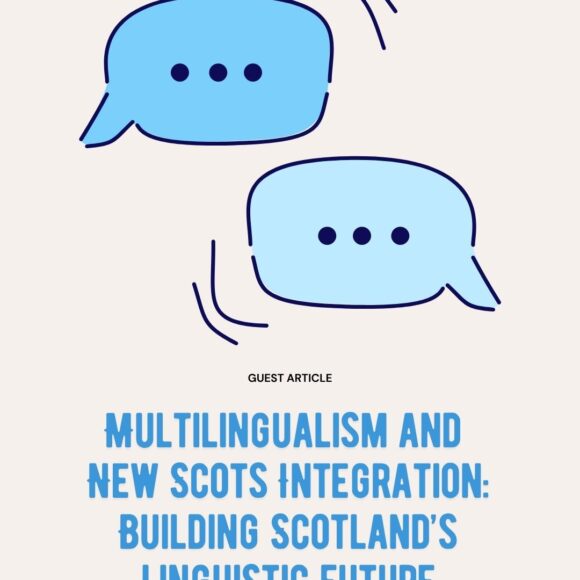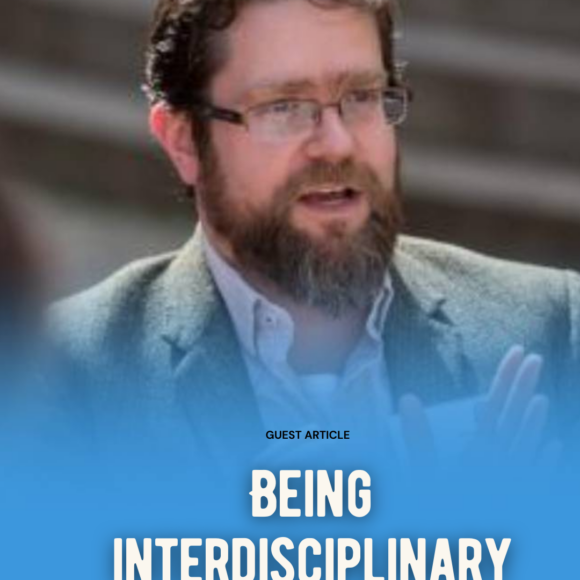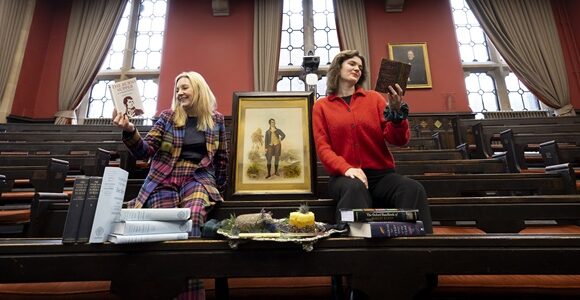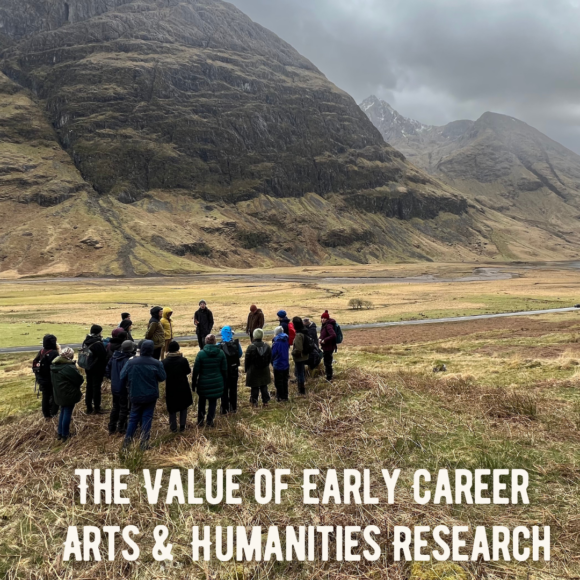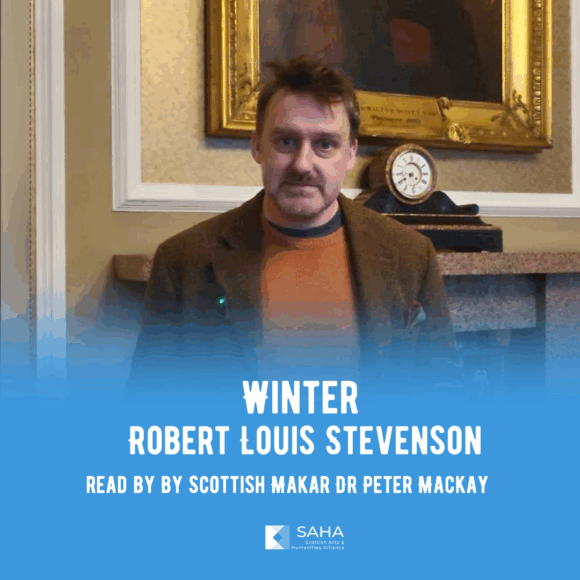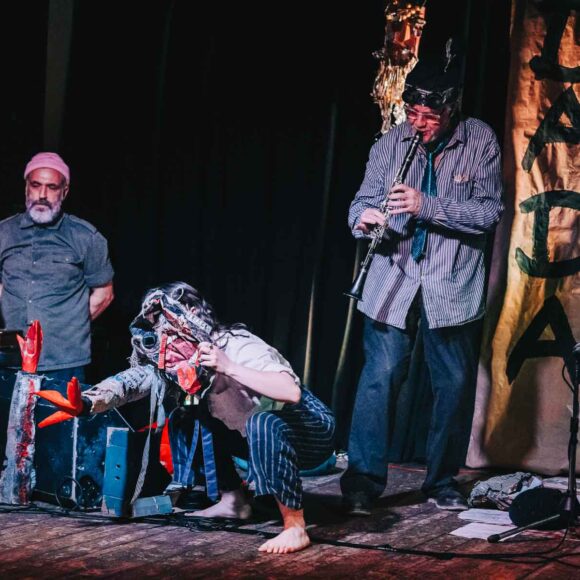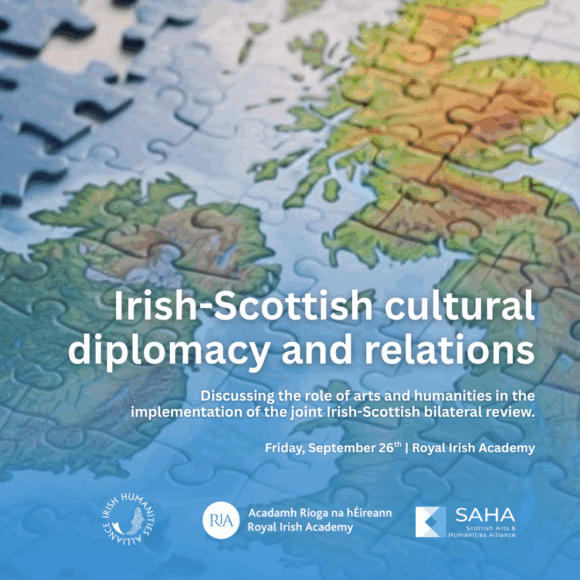While scholarship on the history of the Scottish diaspora has expanded significantly over recent years, continental Europe has received relatively little attention. Notably, we lack an understanding of how Scotland’s European diaspora is an interconnected part of modern ‘global Scotland’. Brexit brings this into sharp focus because it marks a change in Scotland’s relationship with continental Europe that has real impact on the Scottish immigrant community there.
Utilising Scottish associations and forms of collective action among Scottish immigrants as a lens, drawing upon previously underutilised records, interviews with Scots living in continental Europe, and an online survey (view the published report here), RSE Personal Research Fellowship awardee Professor Tanja Bueltmann, University of Strathclyde, is seeking to demonstrate change and/or persistence of the Scots’ immigrant community life and their diasporic organisation over time. The aim is to assess what this can tell us about Scottish present-day migrant life in continental Europe. In so doing, Professor Bueltmann’s project offers a new reading of Scotland’s European diaspora as one of ‘transeuropean Scots’; connected with each other, and to Scotland, but also within a continental Europe post-Brexit, in which they now live as Europeans who no longer are EU citizens.
Professor Bueltmann commented,

The RSE Personal Research Fellowship has given me the time which I wouldn’t have otherwise had to conduct this work. The initial research has found that British citizens living in the EU believe they have had little or no representation since the UK’s withdrawal from the EU and that they no longer trust the UK Government to look after their interests. As Brexit impacts continue to evolve and shape the lived experiences of British citizens in the EU/EEA and Switzerland in substantial, sometimes life-altering ways, efforts to support those impacted are important.”
Several stakeholder and lobbying groups have expressed an interest in Professor Bueltmann’s findings, which has resulted in the preparation of bespoke reports to help inform and support their work. The study will now facilitate further archival research, as well as work with the heritage sector and political stakeholders to showcase some of the early project findings. The aim is to enable a wider, cross-European collaboration to enhance how we tell diasporic history within Europe.
Professor Bueltmann said,

The movement of people has shaped European history for many centuries in very fundamental ways, but now, with new anti-immigration narratives emerging ever more persistently, there is a possibility that anti-immigrant sentiment could be exploited for political gain. Looking forward, we need to rethink how we deal with this. Better understanding historical migration movements could help.”
